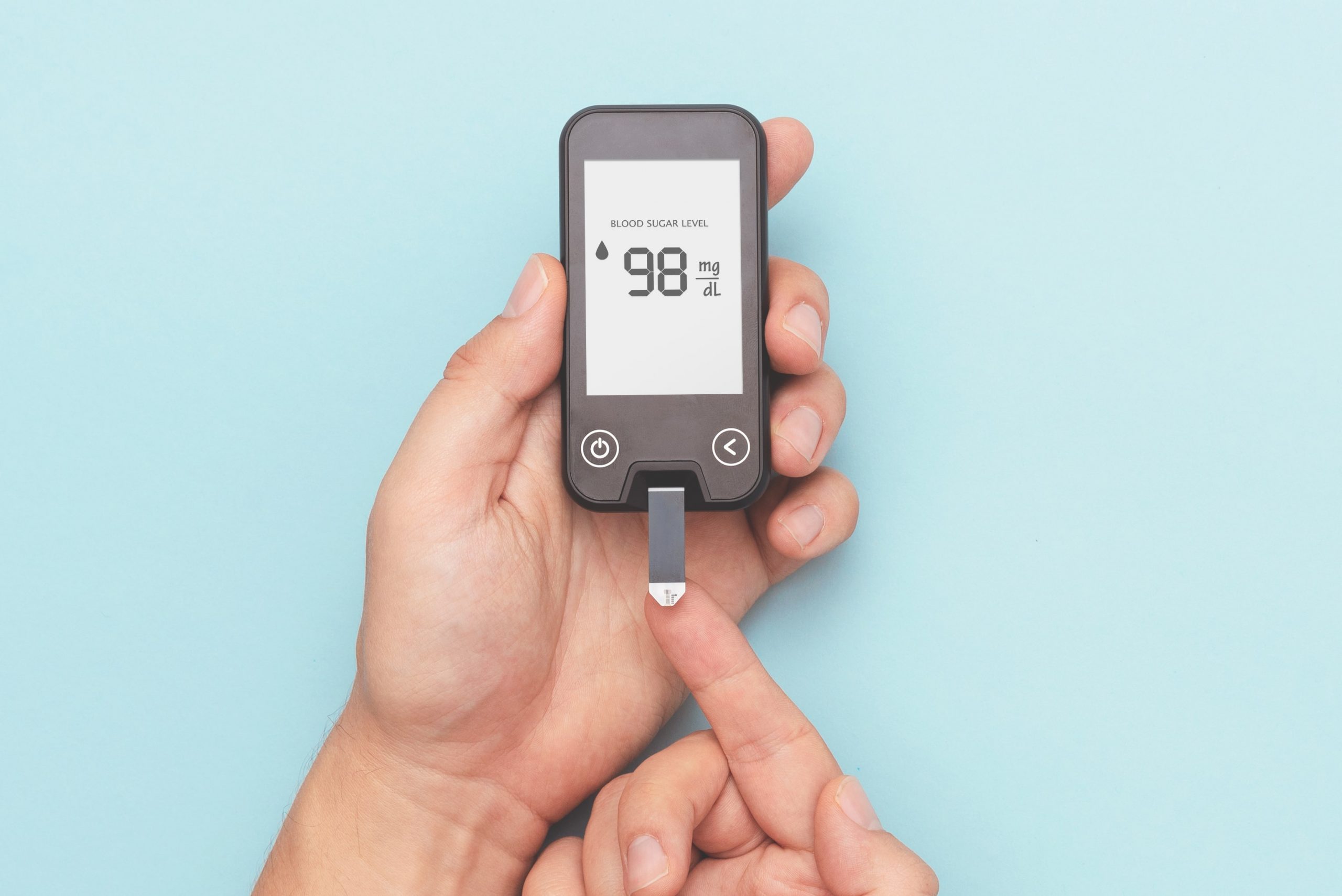Diabetes is a chronic disease whereby the body’s ability to respond and produce insulin hormones is impaired. As a result, the body’s ability to process and use glucose (blood sugar) becomes dysfunctional, leading to symptoms like obesity, chronic pain, high blood pressure, etc. Experts have linked this condition to environmental and genetic factors, but the exact cause of this malfunction is still unknown. People with diabetes use artificial insulin while others manage this condition with lifestyle changes. However, CBD has been found to regulate the release of insulin into the bloodstream, which is beneficial for folks with diabetes.
A substantial percentage of the population worldwide has diabetes. And researchers link this condition to environmental factors and obesity and cholesterol build-up in the body. But anyone across the age spectrum can have diabetes.
What is CBD?
Cannabidiol oil (CBD) is the non-psychoactive extract of cannabis that has been linked to various beneficial therapeutic properties. CBD possesses anti-pain and anti-inflammatory properties that help in reducing pain and inflammation. Since it contains a wide range of compounds with varying effects, it has not been legalized in all states in the U.S.
How CBD can benefit folks with diabetes
CBD Oil and Diabetes
Diabetes types 1 and 2 are linked to too much insulin in the blood but differ in their treatment and origin. Upon eating, the insulin is produced and helps to unlock certain cells, allowing glucose from the food eaten to be absorbed and generate energy. When the body releases less insulin, you may likely have Type 1 diabetes. Under this state, the glucose will remain flowing in blood, injure the blood vessels as they deprive cells of fuel. Type 1 diabetes falls under the “autoimmune system” class.
Type 2 diabetes forms the most case database of this condition. It occurs when cells become insulin resistant. This results in increased glucose levels. The ongoing analysis reveals that CBD could help diminish the risk of developing diabetes type 1 and type 2, both in animals and humans.
Type 1 diabetes be can be diagnosed at an early stage. Anybody can develop this type, although It’s mostly like to happen in kids. Patients with type 1 diabetes receive insulin injection, which is needed daily as far as their life is concerned. Individuals with type 2 diabetes are waiting for further studies to hope on the pattern. This is according to evidence by July 2020 research in Alcohol Dependence Drug.
Another study shows that not only can CDB help in back inflammation and provide relief in pain associated with sugar. The consumption of CBD has not proven any effectiveness in managing blood sugar and enhancing the degrees of HDL LDL cholesterol. Since CBD oil will extend motivation and scale backaches pain, lifestyle modifications to combat diabetes would be simpler. It’s important to benefit from a healthy diet and exercise before including CBD into your daily routine.
How effective is CBD for people with diabetes?
A study of mice with less blood flow to the brain discovered Nonobese diabetic (NOD). Mice had lower risks of being diabetic if treated with CBD. This is due to lack of clinical trials to determine whether CBD oil may lessen the risk of diabetes. Most studies on the relationship between CBD and diabetes are conducted on rats or mice. This might be a problem since laboratory conditions differ between animals and humans, affecting the study results.
What the Research Shows
In one study, researchers made the taste of CBD on:
- Reduced bad cholesterol levels in the body
- Minimize cases of hyperglycemia
- Scaled up secretion of insulin
further studies in mice or rats found out that CBD:
- Eases pain from nerve damage and swelling.
- Promotes “good fat.” Hence boosting your body’s glucose consumption.
According to these researches, CBD showed enhancements in preventing diabetes, ache, and irritation. However, CBD merchandise like oil hasn’t shown any effectiveness in controlling the degrees of blood glucose and HDL LDL cholesterol. Insulin resistance is faced by people with prediabetes and types two diabetes as well. This happens when the physique rejects insulin (a substance wanted to keep blood sugar levels stable).
What are the benefits of CBD for individuals with diabetes?
Diabetic individuals, nonetheless, have bodies that are less sensitive to insulin. Research proves that marijuana can increase body sensitivity to insulin. If you get diagnosed with diabetes type 2, it means your blood sugar levels are chronically too high. This is the most common form of disease that could occur at any time, even in your childhood. However, the majority of the people who develop type 2 diabetes are middle-aged and aged individuals.
Many people have not extensively studied CBD and its effects on irritation in diabetes. Nonetheless, Its value notes that persistent inflammation performs a key position in insulin creation resistance which is commonly a set off for type 2 diabetes. People with this type are estimated to account for 90-95% of total diabetes circumstances.
Suppose you’re currently taking medication for type 1 or type 2 diabetes and would wish to include CBD oil for your well-being routine. In that case, this information will be more useful as far as a place to begin of reference is concerned. Before making any move, you must communicate with your physician about the risks of mixing CBD with your diabetes medicine. Making these lifestyle modifications like adjusting CBD gummies and exercising extra frequently could be challenging at first but can effectively stave off prediabetes and control type 2 diabetes.
What the Research Shows
CBD use may entail some risks as most therapies. It may interact with supplements and other drugs. Most CBD products do not have FDA approval, which means they haven’t undergone thorough tests. Whether you’re using CBD as a prescription or other form, you should first consult your doctor. Some side effects of CBD include; changes in alertness, liver damage, reduction in fertility for males, and loss of appetite.
- Our Big Kitchen’ (OBK) is a non-profit organization located in Sydney, Australia - April 10, 2023
- Duos CBD, a hemp product E-commerce website - April 10, 2023
- SOFA SPOONING SEX POSITION - April 7, 2023









